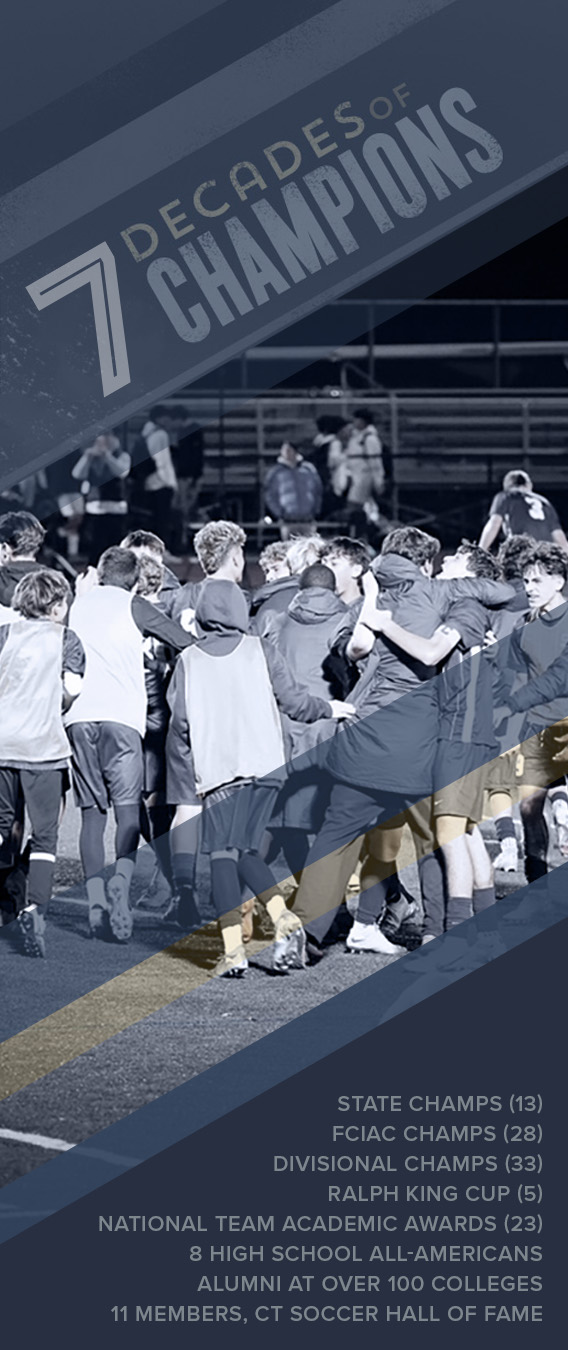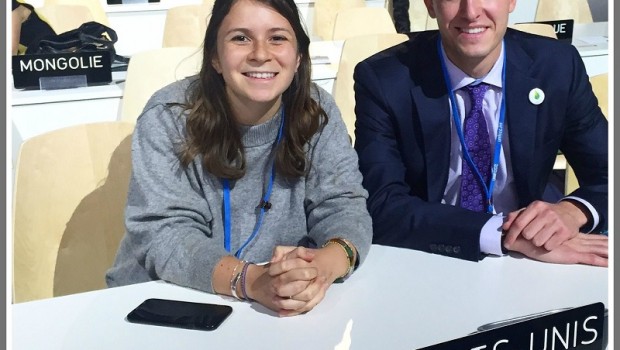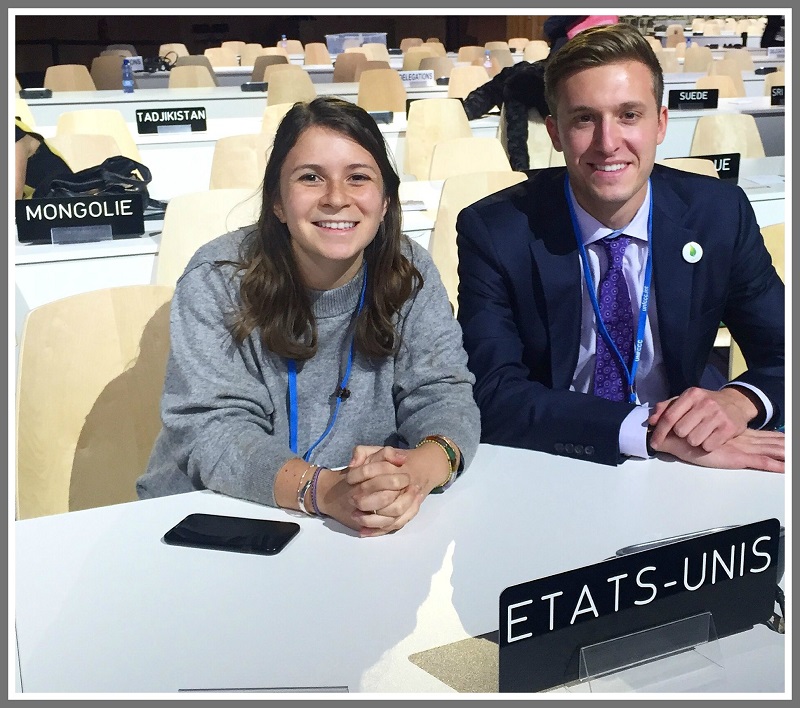Taylor McNair ’12 Attends Paris Climate Conference
Taylor McNair ’12 spent 2 years as top defender for Staples’ varsity team.
Now, he’s committed just as strongly to environmental issues.
On Sunday he returned from Paris, where he spent 2 weeks as an observer at the groundbreaking climate change conference. Here’s his story, from today’s “06880” blog:
———————————————————————
When 196 nations adopted a groundbreaking climate change accord in France on Saturday, Taylor McNair cheered.
Why not? The Emory University senior has decades of life left, in which to deal with the effects of carbon emissions, rising waters and changing weather.
But the 2012 Staples High School graduate had another reason for elation. He was right there in Paris, as an active participant in the historic conference.
Taylor comes from an environmentally conscious family. His older brother Sanders helped make Wakeman Town Farm a reality. But not until junior year — when Taylor took Mike Aitkenhead’s AP Environmental Studies class — did he get really involved in sustainability and agriculture issues.
Taylor worked at WTF: putting together chicken coops, planting and tending beds. His family signed on to the farm’s CSA (and raised chickens at their Bayberry Lane home). Taylor also volunteered at Earthplace.
He applied to Emory because of its dedication to sustainability — and its business school. Taylor has pursued both interests, as an environmental sciences and business double major.
Last year, Emory applied for “observer status” at the Paris talks. When they were granted spots for 10 students, the school created a cross-discipline course focused on the upcoming event. Dozens of students applied. Taylor was one of only 20 accepted.
The class spent the fall learning about climate change, preparing for the conference, building websites, writing papers, and figuring out how to bring what they learned back to Emory.
Taylor learned he was one of the 10 school representatives chosen for Paris. Each student prepared an itinerary for the 2-week long event.
As soon as they got there, Taylor tossed his out.
Emory was given 4 special passes to the “Blue Zone” — the area where the nitty-gritty work went on. The group decided to divide the passes up. Two students would use them the 1st week; another 2 the next.
Taylor was chosen for week 1. He spent every day — arriving at 7 a.m., leaving at 9 p.m. — focusing on climate change financing and energy funding.
In Le Bourget — a gigantic converted airport — he observed negotiations. He visited exhibition hall booths. He attended panels and workshops. He networked.
Each day had a different theme: farmers, business, youth.
Taylor took advantage of it all. He went to a discussion for young activists led by Christiana Figueres, the Costa Rican woman who led the conference.
Al Gore gave a “down-to-earth” presentation, from which the media was barred. After his opening statement, the former vice president said he just wanted to hear from the attendees. For nearly two hours, they chatted.
Taylor also sat in sessions with French president François Hollande and UN Secretary-General Ban Ki-Moon. They provided important insights — and urged the students to action.
Taylor describes being inside the Blue Zone as “lots of random, exciting, cool experiences, surrounded by super-committed, passionate people.”
The Westporter spent his 2nd week with the 30,000 or so people doing things outside of the formal events. There was a hub for bloggers and activists; art events, and exhibits where corporations showed what they’re doing to solve climate issues.
A conference sponsored by the International New York Times featured Secretary of State John Kerry, and Google and Facebook executives, in an intimate setting.
Taylor was impressed and motivated. He’s also realistic.
“No international agreement is perfect,” he says of the final document. “But this is powerful, and as strong as it could be. It’s the 1st-ever universal climate agreement. It won’t save the world from 2-degree change. But it signals a world market shift, and a new way of how we address climate change.”
Taylor returned to campus on Sunday. The next step is figuring out how to bring specific change to the university.
That’s a tall order. And Taylor still has finals to study for.
With all his classwork — and preparing for Paris — he’s had little time to think about a different kind of future: his own.
“I recognize the role of business. I’d like to be involved in the renewable energy sector,” he says. “It’s the most promising transformation, and it will continue to boom in the US.” He’d also like to work on policy.
When he’s home for winter break, he’ll start interviewing — and narrowing down his options.
With the wind at his back from Paris, he should have many to choose from.



